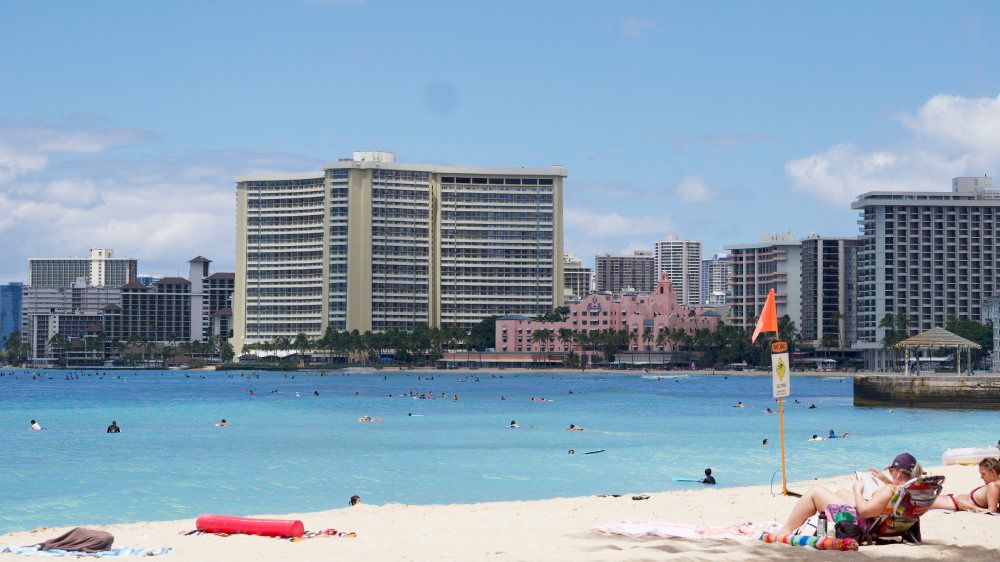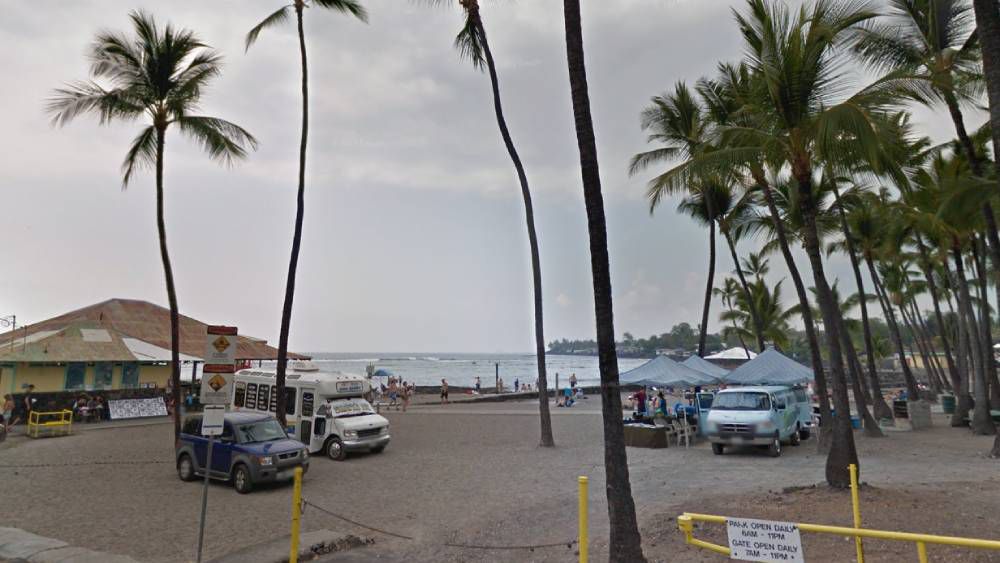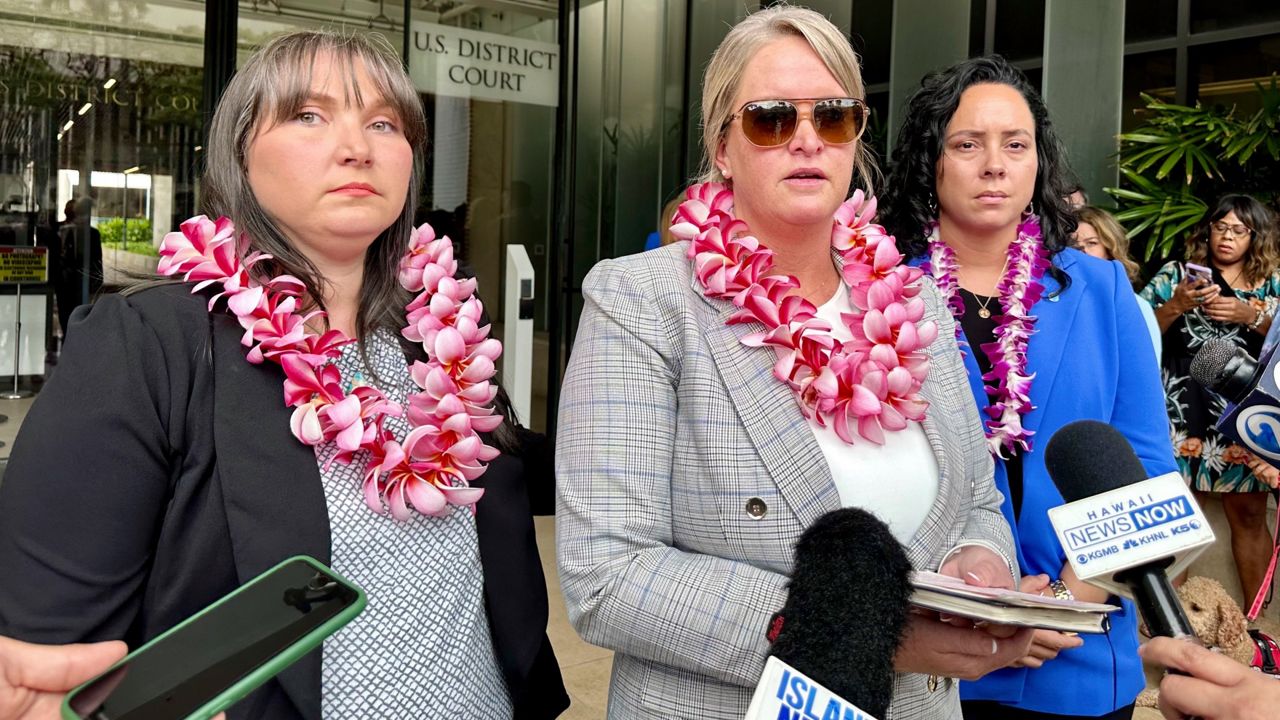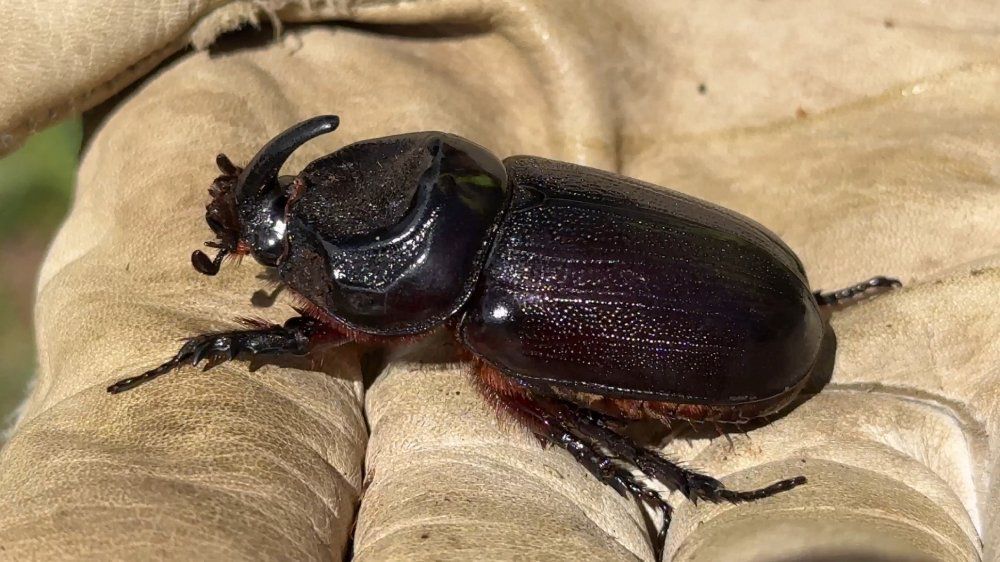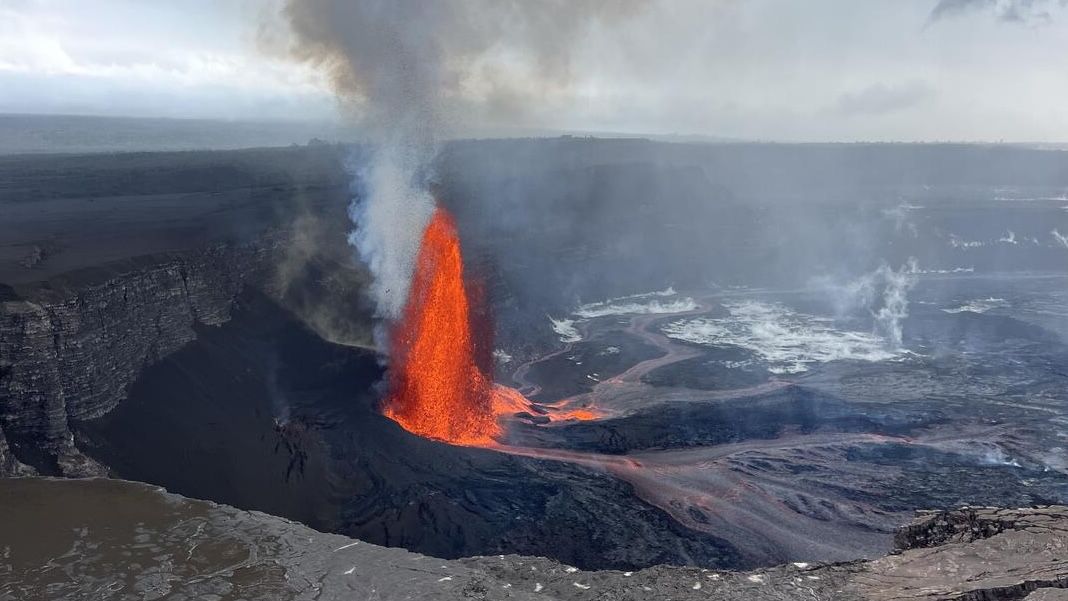HONOLULU — Researchers at the University of Hawaii at Manoa have developed strategies to adapt to sea level rise in Waikiki in architectural renderings as climate change is expected to cause sea-level rise up to about one foot by 2050 and nearly six feet by 2100.
Their renderings illustrate the relocation of critical equipment in buildings and streets, elevation of utilities and walkways, and incorporating cisterns (water storage tanks) and bioretention areas (soil and plant-based filtration system in a landscaped depression) to manage stormwater runoff. These strategies could also be used in other low-lying coastal cities.
The research was published in Sustainability in March and a special issue of Oceanography in April.
“We’re looking at Waikiki because it is an economic, recreational and cultural hub,” stated principal investigator and UH Manoa Associate Professor Wendy Meguro, who is also director of the School of Architecture Environmental Research and Design Laboratory and the Hawaii Sea Grant Center for Smart Building and Community Design.
“But the process that we are using to visualize potential adaptation strategies and discuss them with the community should be replicable in other areas. Given the long lifespan of buildings or roadways, they will likely still exist in 50 years. The decisions we make today should anticipate the flooding that we will have 50 years from now,” said Meguro.
The research by Meguro and her team centered on Waikiki, as it’s a major economic hub that generates $5 billion each year for the state. Potential losses caused by sea-level rise are projected to reach $19 billion in Hawaii.
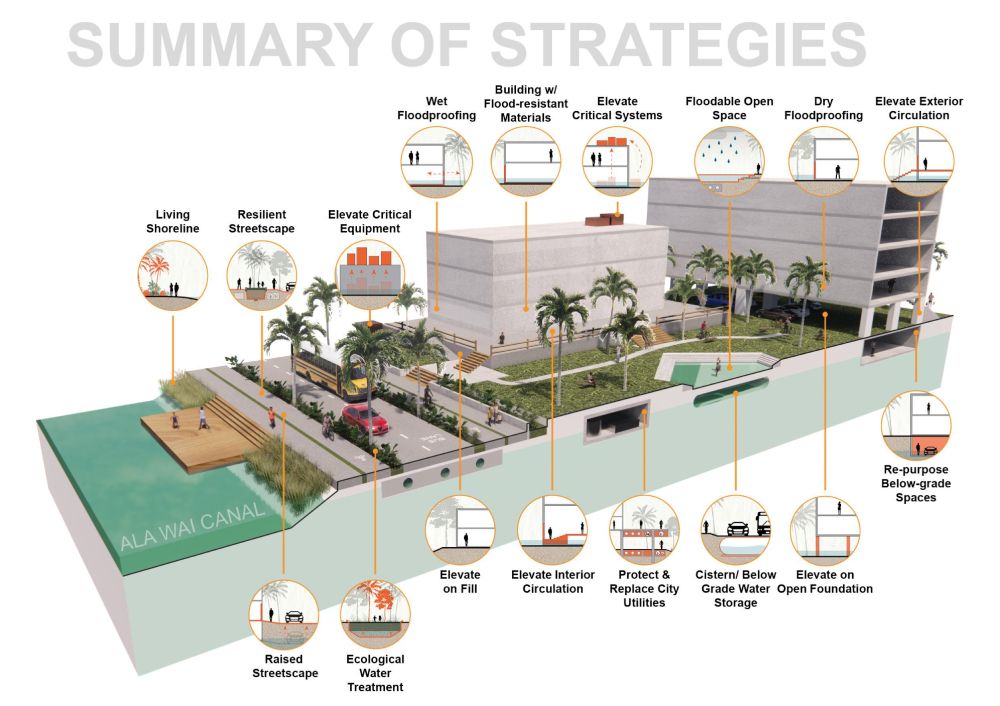
Seventy-nine percent of participants in a public survey found the proposed strategies relevant and feasible for Waikiki. Community involvement came in the form of workshops and public presentations and surveys, and engaged over 700 stakeholders in 2021 through 2023.
“In public outreach events, we presented urban and architectural renderings that depicted a specific site and discussed how we might adapt, for example, by elevating a building,” said Meguro.
“The renderings have been a key communication tool to initiate a coordinated conversation with many parties. And in our surveys, we’ve been able to get the public’s feedback on those strategies and have found that people are really interested in elevating critical equipment, both in buildings and at the streetscape,” said Meguro.
“The research underscores academia’s role in supporting governmental and municipal efforts to address climate change,” according to Josephine Briones, a UH Manoa climate adaptation specialist. By providing visualizations and engagement opportunities, the team has helped bridge the gap between scientific research and practical, community-driven solutions.
Briones says academia’s role is important in addressing future responses to the effects of climate change, especially sea-level rise in Hawaii.
“Academic research plays a pivotal role in illustrating potential future adaptation strategies in low-lying coastal communities and enhances local municipalities’ adaptation plans,” said Briones. “Now that we have the resources like these renderings or adaptation strategies and then also these reports from our stakeholders, the city can now reference it.”
The team will continue to integrate academic research, community input and policy planning as it aims to build on their framework.
Sarah Yamanaka covers news and events for Spectrum News Hawaii. She can be reached at sarah.yamanaka@charter.com.





